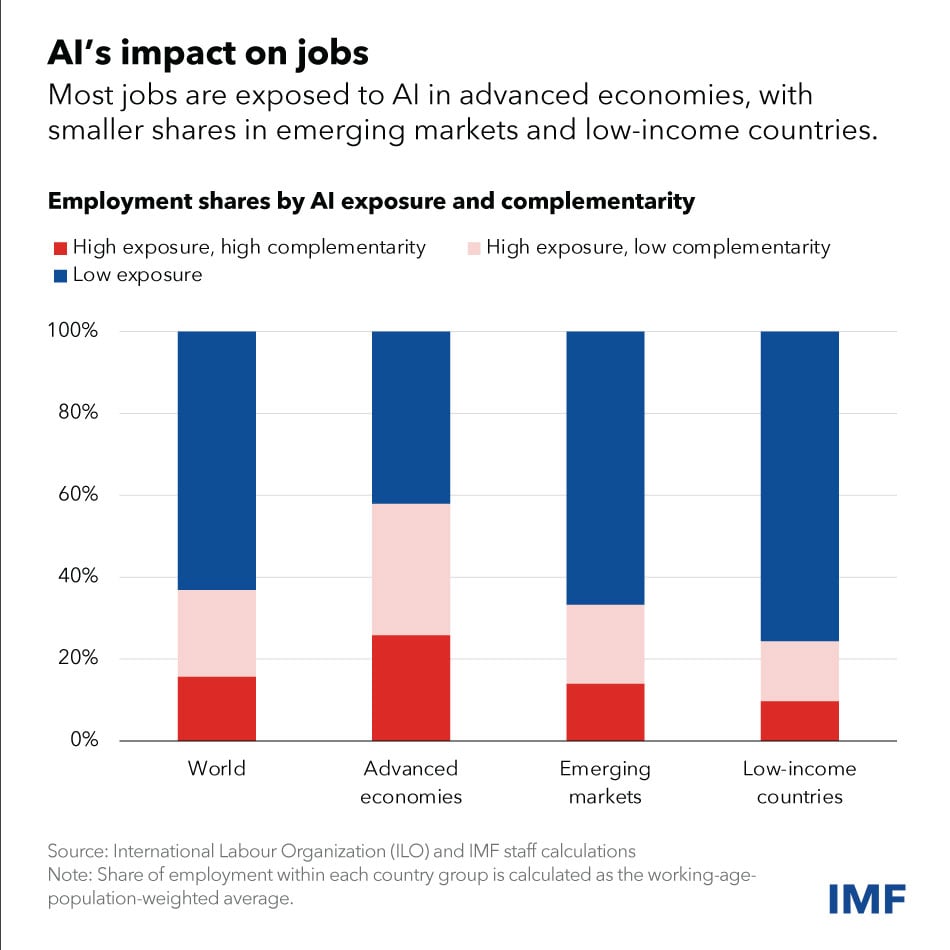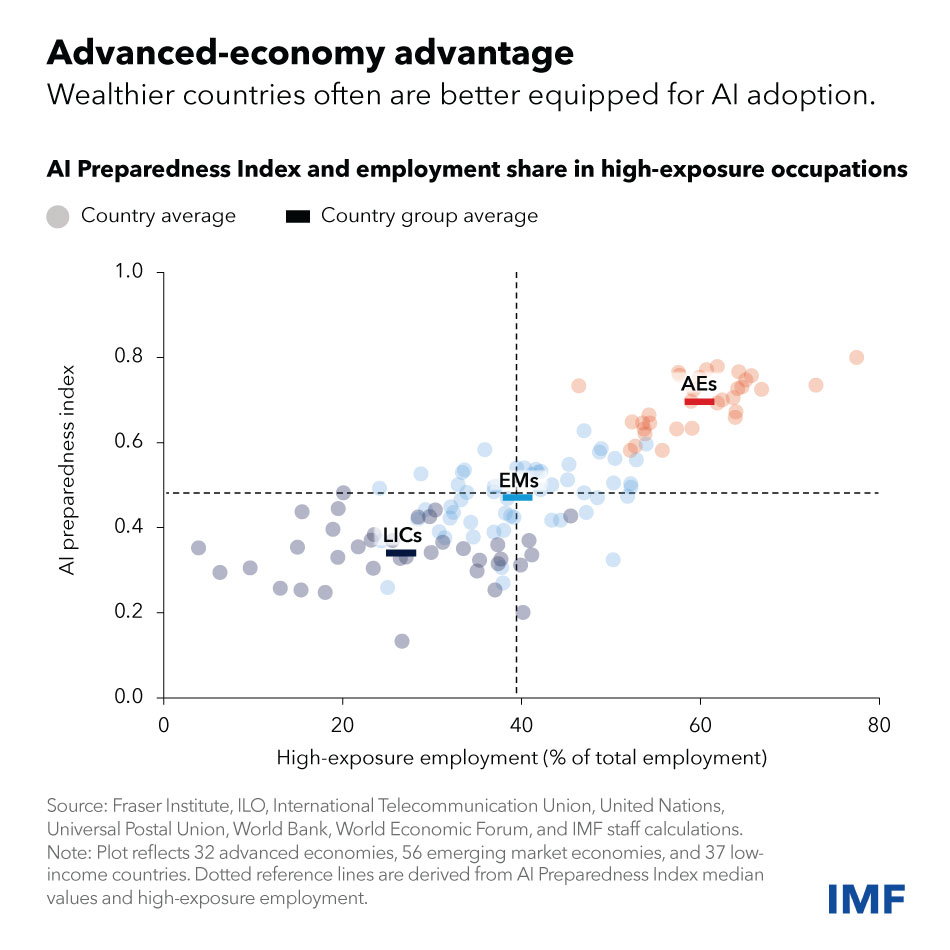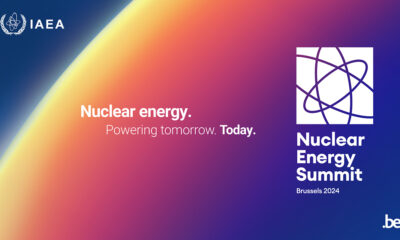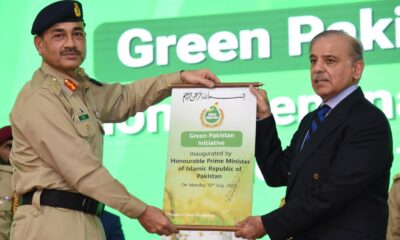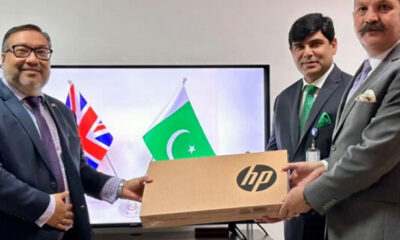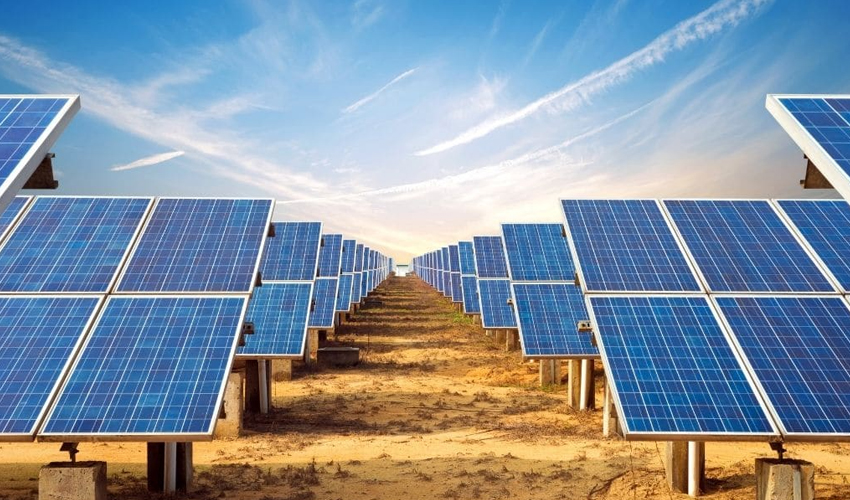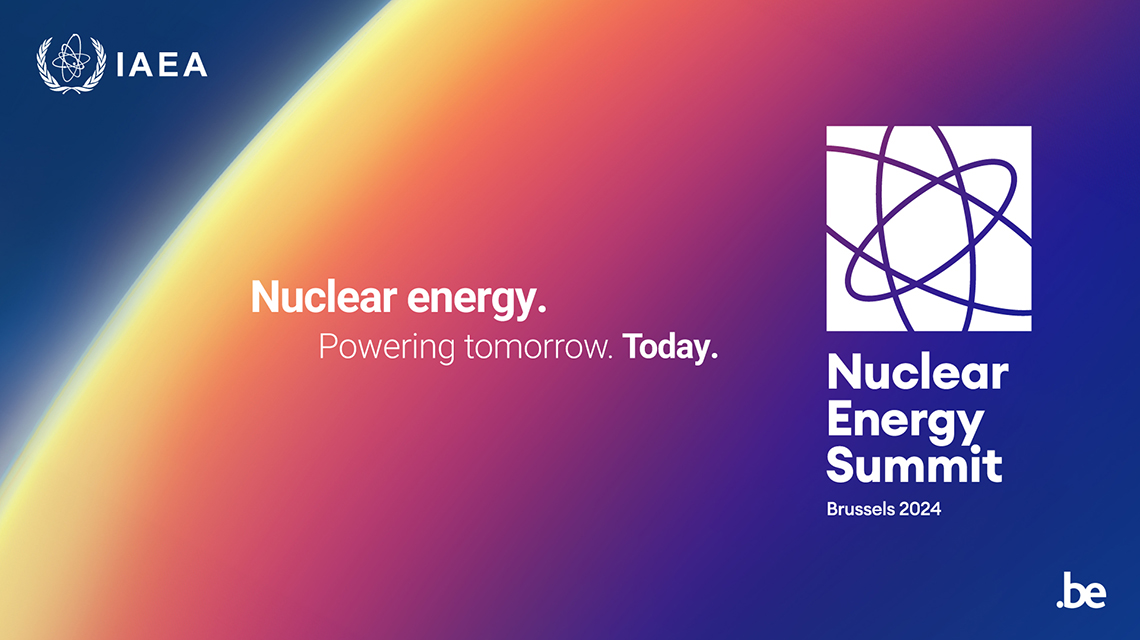Tech
‘Nearly 40% of global employment deemed exposed to AI’

Latest News
Punjab will provide fifty thousand solar kits.
Pakistan
There will be free WiFi in public parks.
Pakistan
FM Ishaq Dar praises IAEA for using nuclear technology in a “peaceful” manner
-
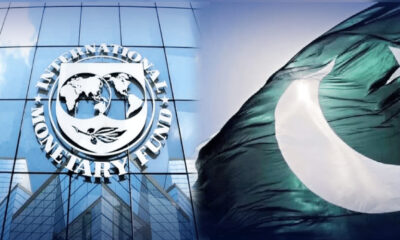
 Business2 days ago
Business2 days agoThe IMF executive board will meet on April 29 to discuss the release of $1.1 billion to Pakistan, according to the report.
-
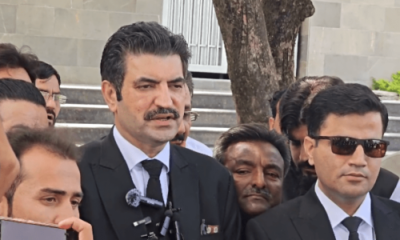
 Latest News3 days ago
Latest News3 days agoIHC prevents Sher Afzal Marwat of the PTI from being arrested by Punjab police
-

 Latest News1 day ago
Latest News1 day agoThe PML-N Punjab chapter convenes today to discuss organizational issues.
-

 Business2 days ago
Business2 days agoExchange achieves all-time high: KSE-100 index surpasses 72,500 points
-
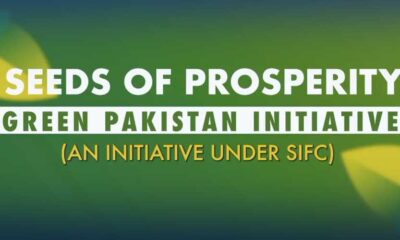
 Latest News2 days ago
Latest News2 days agoLeading the Green Pakistan Initiative in Malam Jabba is the Pakistan Army.
-

 Latest News2 days ago
Latest News2 days agoIn Punjab, the PDMA issued an alert for rain and snowfall.
-

 Business2 days ago
Business2 days agoThe investment plan for K-Electric will be audited every three months.
-

 Latest News3 days ago
Latest News3 days agoMadhubala, the elephant, will be moved to Safari Park starting next month.

